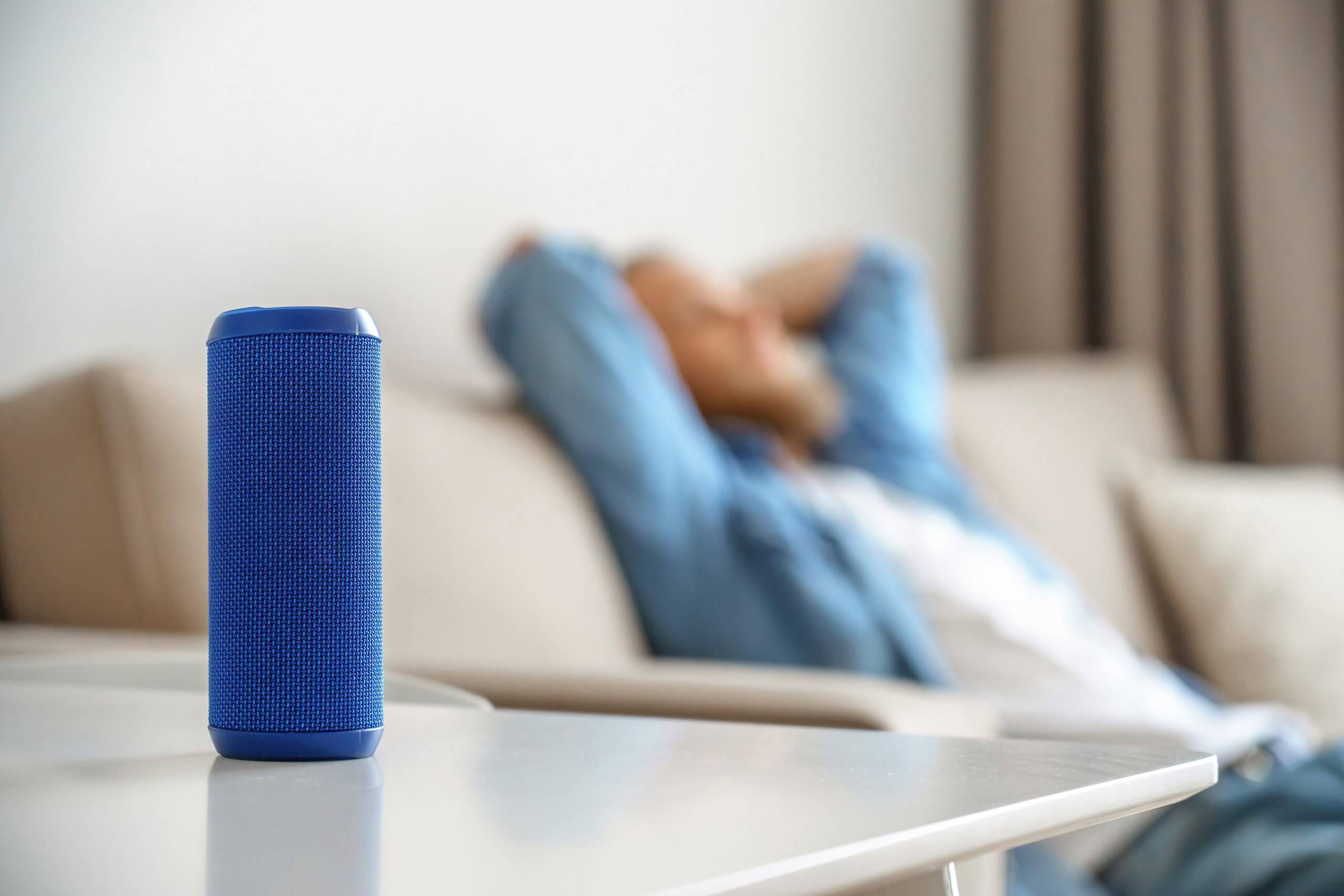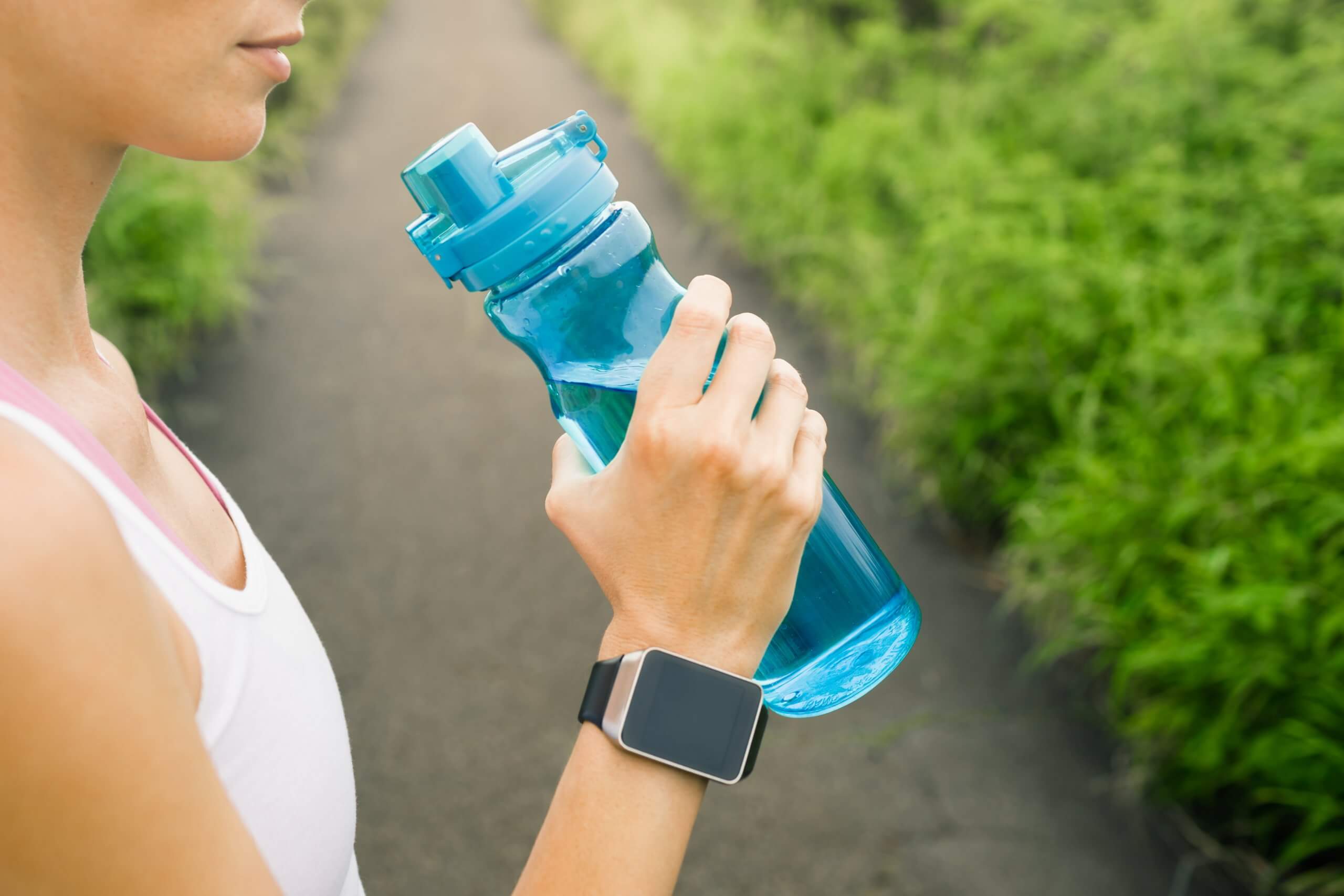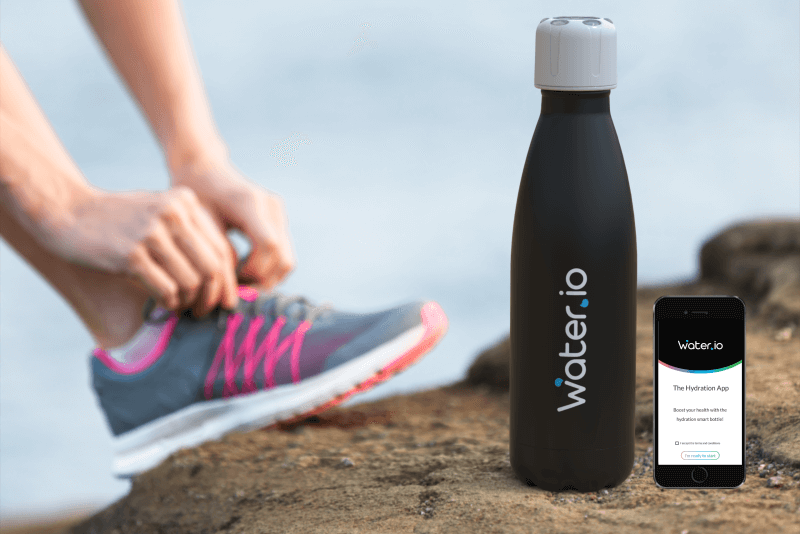We all know that electrolytes are important to our bodies because we see them added to things like sports drinks and bottled water. But what makes electrolytes special and how do they impact our bodies?
Below we will find out how the body uses electrolytes, what they are, why we need them and how to get more electrolytes, specifically in our water sources.
What is an Electrolyte?
Electrolytes are always present in our bodies, during times of perspiration, dehydration or during sickness we lose electrolytes naturally and they need to be replenished to keep our bodies functioning properly. An electrolyte is a chemical that forms into electrically charged ions in the body which carry the energy needed to keep our body’s running smoothly. The most noticeable functions controlled by electrolytes are muscular systems, nervous system impulses, digestive and cardiac processes. A physical expression of dehydration and lack of electrolytes is muscle cramping. Even if your body doesn’t cramp, it still needs a constant supply of electrolytes to keep up with natural water and mineral loss. The best way to avoid harmful side effects is to remain adequately hydrated and to provide the right balance of electrolytes. Electrolytes can be found in healthy food sources and if needed within supplements that can be added to food or water.
What are the Types of Electrolytes and Why Are They Needed?
Electrolytes can be found in many different sources that can contribute to hydration and bodily requirements. There are many different types of electrolytes in the human body such as magnesium, sodium, calcium, potassium, bicarbonate ions and chloride ions.
We get most of our sodium and chloride electrolyte intake from foods or salt sources but all electrolytes can be replenished with well balanced meals. Sodium and chloride ions are important for blood volume regulation, nerve and muscle functions. Most people get too much sodium and only in cases of sickness may they need more sodium added to their diet.
Potassium is needed for cardio vascular functioning and muscle function, so to keep the heart beating and muscles moving, potassium electrolytes must remain balanced.
Magnesium is important for digestive functions, cell division, muscle efficiency and athletic performance. Magnesium supplements are known to enhance muscle recovery, promote relaxation, reduce pain/muscle cramps and to help increase the performance of other minerals.
Calcium and bicarbonate ions are the less influential electrolytes, calcium is present in our skeletal system and bicarbonate ions are released by the kidneys.
The only time electrolytes need to be replenished are during times of dehydration or after a long-interval or high intensity work out. The most commonly supplemented electrolytes are Potassium, Chloride & Sodium and Magnesium which have a significant influence on athletic performance and the body’s production of energy. All electrolytes are lost when we sweat so for athletes or endurance workouts it is important to replenish the electrolytes lost when perspiring.
How Can We Replenish Electrolytes?
The most common way is through food sources but if you need added electrolytes, they can also be found in sports drinks and mineral enhanced water. For years, sports drinks have advertised their benefits to the body and athletic performance but are they really effective?
Most scientists and athletes will agree that sports drinks like Gatorade or Powerade are high in sugar and sodium which do not provide the right balance for optimal electrolyte absorption. Most common complaints about sports drinks are that they are too “heavy” or overwhelming to a body that is already working hard. The large amount of sodium, sugars and carbohydrates present in sports drink can actually add to the electrolyte imbalance.
Since the early 2000’s, there has been a rise in bottled water companies adding electrolytes like potassium and sodium to their products. It is easier for the body to absorb electrolytes through water than in sugary sports drinks so the popularity of electrolyte water has increased product demand.
How are Electrolytes Added to Water?
Salt tablets used to be the standard method to add electrolytes into water but it has been found that too much sodium found in salt can actually dehydrate the body. Now most bottled electrolyte water has minerals added without the extra salt intake and at times they also include additional vitamins. Electrolyte water can also be made at home which is environmentally and economically friendly.
How to Make Your Own Electrolyte Water
There are many different recipes that can be found to make specific flavors of electrolyte water or with different ingredients depending on the maker’s intention or preference. All electrolyte water should be tailored to the person drinking it, usually by height, weight and activity level, there is not a “one size fits all” for electrolyte requirements.
All recipes start out with a filtered, distilled, deionized or spring water base with a tiny pinch of salt or baking soda added. From there it is recommended to add fresh citrus (fruit) juice that contains calcium and potassium without any added sugar. The glucose is added in small amounts at the end in the form of honey or agave nectar which provides a sweet taste and higher absorption rates into the body. Shake the mixture well as you are drinking it specifically after a long work out, high temperatures, while sick or during recovery.
There are also many electrolyte supplements that are on the market in powder or liquid form that can add pure electrolytes to filtered water. Most supplements do not contain sugars or flavorings for easier consumption and should be researched to make sure that they provide the best match for your electrolyte needs.
The Bottom Line
Most of our electrolyte needs are found in the healthy meals that we consume every day. Electrolytes are only needed additionally during times of dehydration or during long workouts or hot temperatures. Electrolyte water is an excellent alternative to sports drinks as water with added minerals are efficiently absorbed by the body without added sugars or calories. Electrolyte water can be purchased at most grocery stores or can be made at home with natural ingredients or electrolyte supplements.





